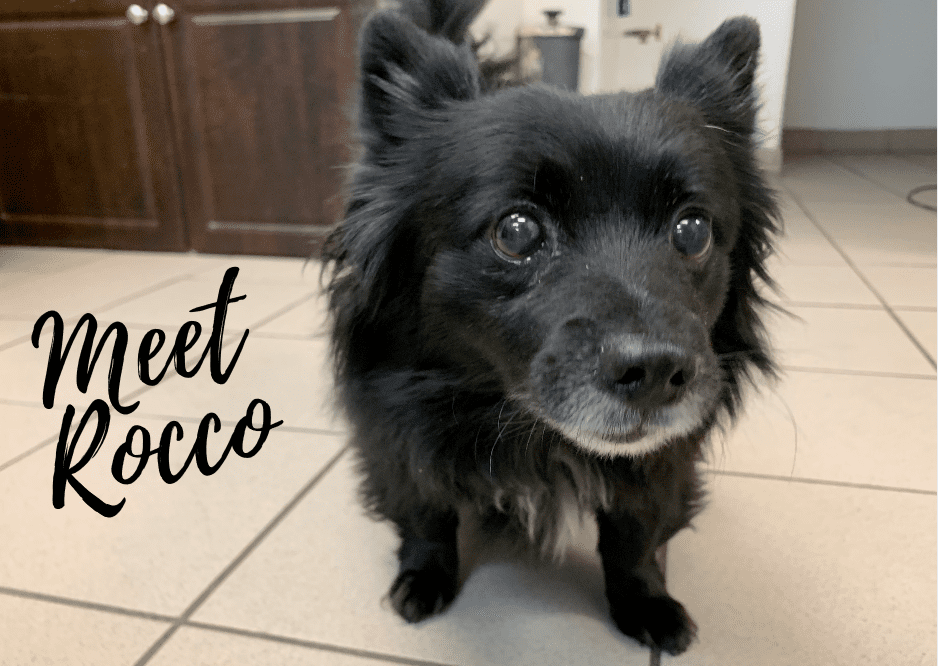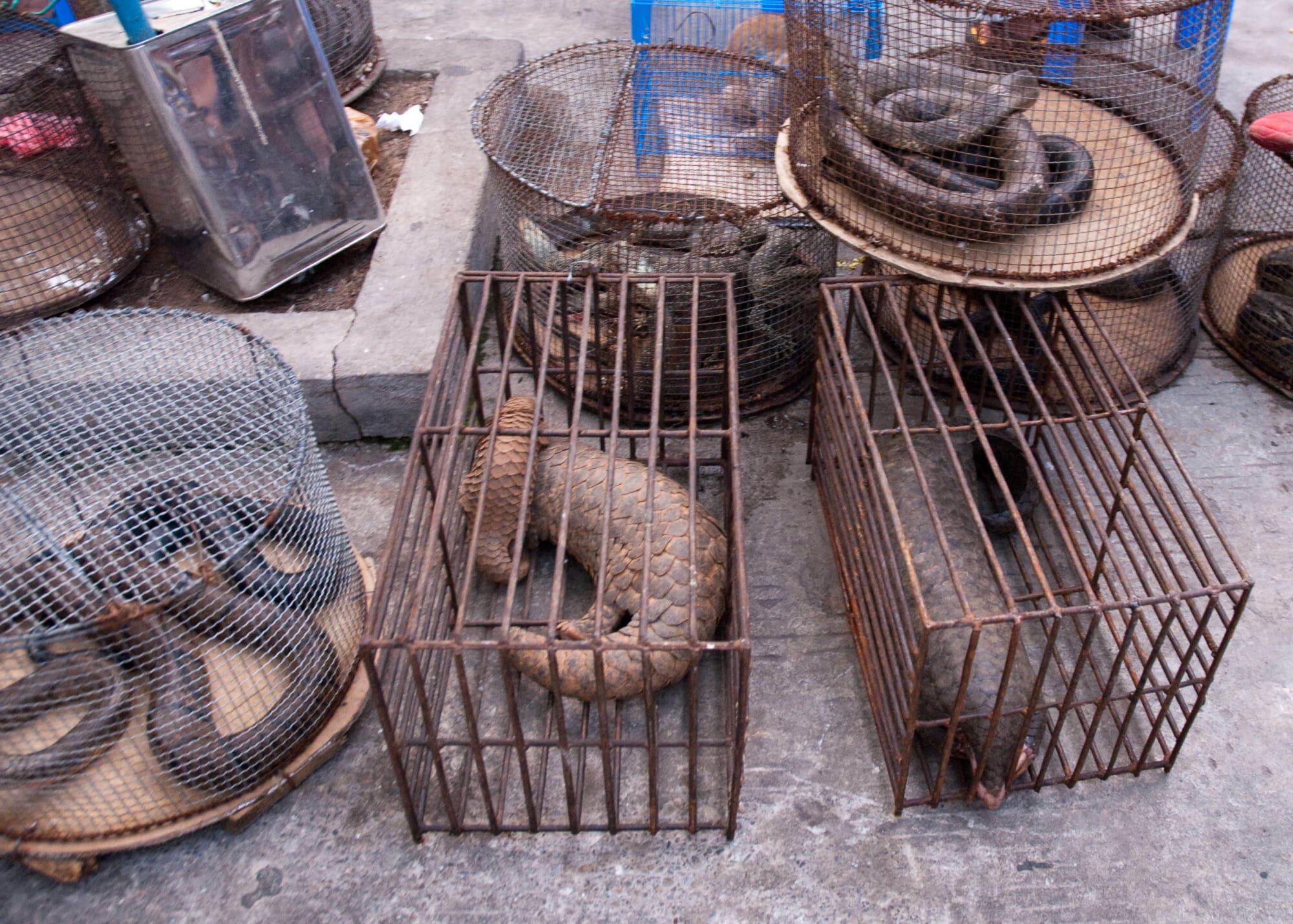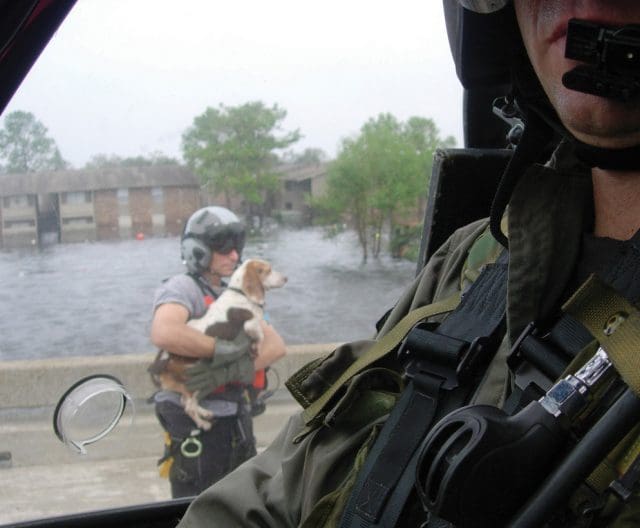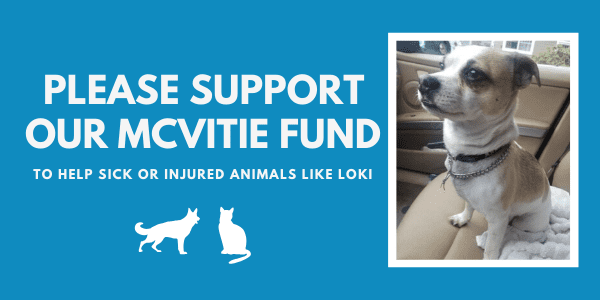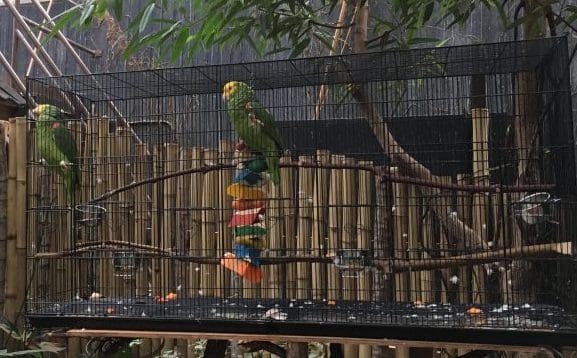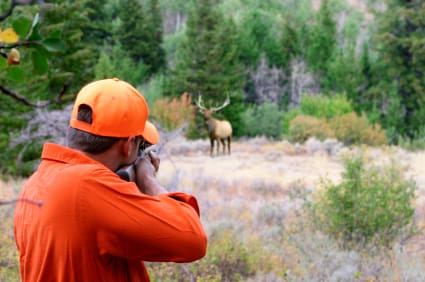Update:
Weapons for “big game” hunting: The province listened to our concerns and prohibited the use of any weapon other than a firearm or bow, citing concerns about a higher likelihood of animal suffering from the use of alternative weapons.
No Hunting/Shooting Zone along Sea to Sky Highway: The province added a new no hunting and no shooting zone along the Sea to Sky highway. This follows a tragic incident in 2017, when a hunter in the area fatally shot a dog that he mistook for a wolf (despite the area being closed to wolf hunting), prompting calls by the dog’s guardian and the public for a no shooting and no hunting zone along the route.
Use of Technology to Locate Wildlife: The province prohibited the use of infrared optics (or thermal imaging) and wireless trail cameras for the purpose of hunting, as well as sharing the location of wildlife from an aircraft to a hunter on the ground.
Pursuit-only Season for Cougars: The province banned the pursuit-only season for cougars, where previously hunters who had killed their limit of cougars were permitted to continue chasing and treeing the animals with their hounds for training and exercise opportunities. In some situations, this created significant stress for mother cougars and their young.
Thank you for your advocacy to make these changes happen!
Original post:
The provincial government is currently seeking public feedback on a long list of proposed hunting and trapping regulations. This is an opportunity to weigh in on wildlife conservation and welfare issues in your area and throughout the province.
Weapons for Big Game Hunting
There are currently no regulations in place preventing big game hunters from using alternative or primitive weapons such as slingshots, spears and airguns. Citing concerns surrounding a higher likelihood of unnecessary suffering, a proposed regulation seeks to prohibit the use of any weapon other than a firearm or bow.
No Hunting/Shooting Zone along Sea to Sky Highway
Another regulation proposes a new no hunting and no shooting zone along the Sea to Sky highway. Unlike many other highways in the province, the stretch of highway 99 between Squamish and Pemberton or the Callaghan Road near Whistler currently has no restrictions on hunting or shooting within 400m of the highway. The area is a popular spot for locals, hikers and tourists. Tragically, in 2017 a hunter in the area fatally shot a dog that he mistook for a wolf (despite the area being closed to wolf hunting), prompting calls by the dog’s owner and the public for a no shooting and no hunting zone along the route.
Use of Technology to Locate Wildlife
Several proposals also seek to prohibit the use of technology to assist hunters, including banning infrared optics (or thermal imaging) which enable hunters to see the heat signature of animal that is otherwise invisible to the naked eye; wireless trail cameras that when triggered send images of wildlife to a remote device and provide a hunter with the location of wildlife; and the sharing of location of wildlife from an aircraft to a hunter on the ground. The rationale behind banning this type of equipment for hunting purposes is that the use of it fails to meet the principles of fair chase, giving hunters an unfair advantage over wildlife. VHS is concerned that the use of such technology for hunting is turning B.C.’s backcountry into a canned hunt scenario, where the ability for wildlife to avoid human detection is increasingly diminished.
Pursuit-only Season for Cougars
Another proposed regulation aims to ban the pursuit-only season for cougars in the Kootenay region, where existing regulations allow hunters who have killed their allotment of cougars to continue chasing and treeing the animals with their hounds. The rationale behind permitting a pursuit-only season was to allow houndsmen to train and exercise their dogs, but the cruel practice not only causes unnecessary stress to the animals, but can lead to injury for the cougar and the hounds, as well as the separation of mothers and kittens.
Numerous other regulations focused on motorized vehicle and firearm restrictions and changes to specific hunting seasons are also being proposed. For example, a proposal to end wolverine trapping in the Kootenays; implement a mule deer bow only season on Gulf, Denman and Hornby Islands; prohibit the use of precision-guided firearms and scopes on bows during bow-only seasons; and changes to black bear hunting seasons within the traditional territory of the Kitasoo/Xai’xais Nation in the Great Bear Rainforest in order to support bear viewing tourism efforts by the Nation.
How to Submit Comments
For the full list of proposed regulations, click here. The public comment period ends January 19, 2020 at midnight. To participate through the government’s engagement website, you’ll need to register for a “Basic BCeID” account. Once you’ve created a BCeID, return to the main hunting/trapping regulation page and click login. Once you’ve logged in, it will return you to the main page and you can scroll through the list of proposals. On each proposal page, you’ll be able to scroll to the bottom and select “support”, “neutral” or “oppose”. You’ll also be able to leave a comment, if you’d like to elaborate on your position.



